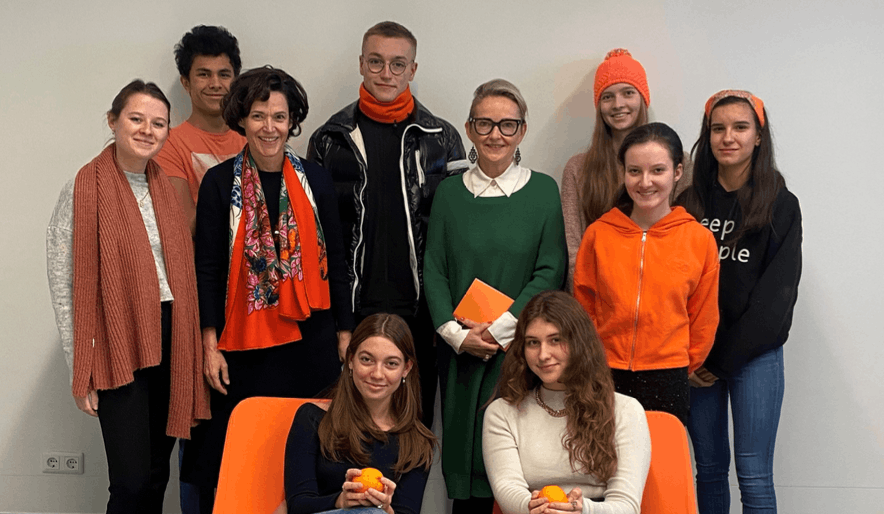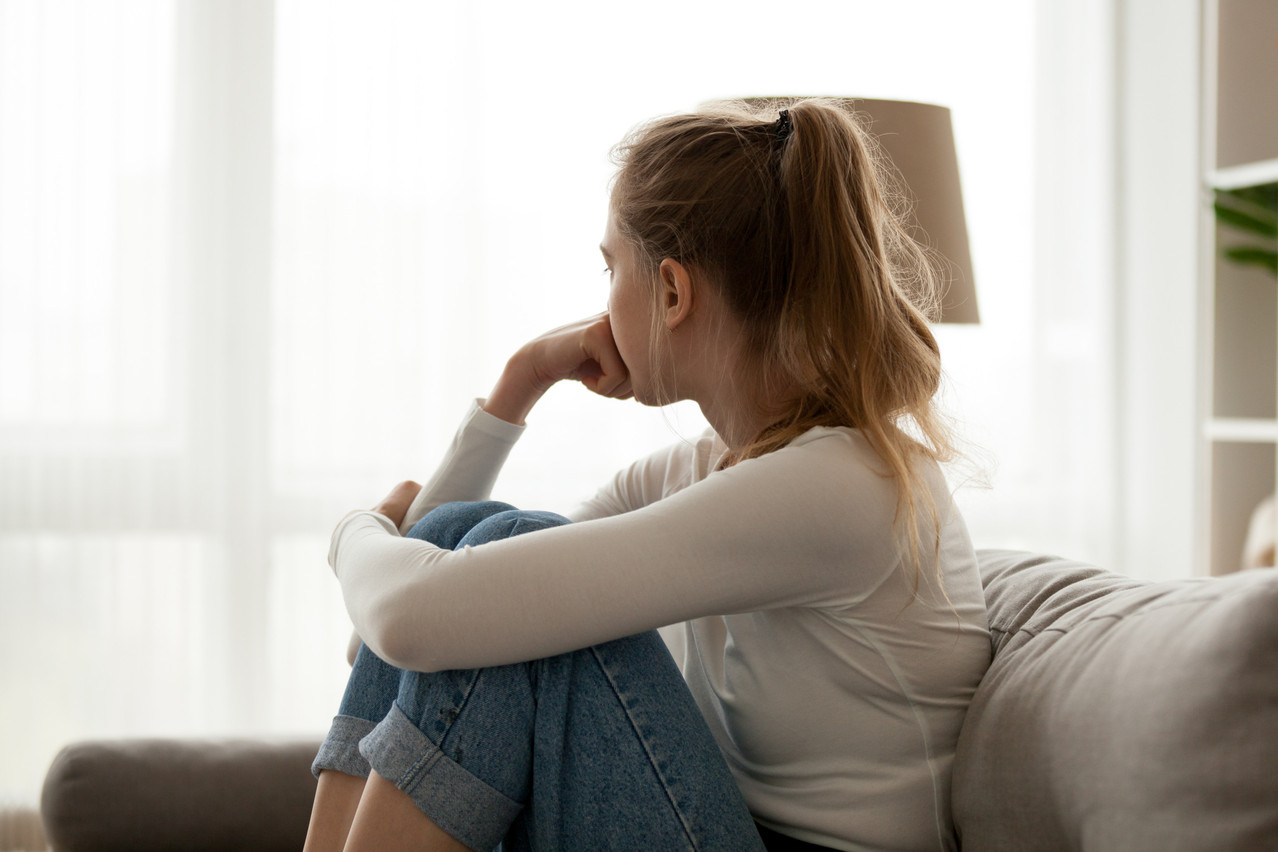Organised in the grand duchy by the national council for women in Luxembourg (CNFL), and the Luxembourg branch of women’s rights advocacy group Zonta International, this will be the country’s fifth participation in the campaign.
Running from 25 November--International Day for the Elimination of Violence against Women--to 10 December--International Human Rights’ Day--the initiative aims to raise awareness around violence against women and girls, which is often, mistakenly, amalgamated with ‘just’ domestic violence.
Domestic violence not the only form of abuse
As the government’s violence.lu website, violence against women and girls can take more than one shape: be it sexual harassment, rape, gynaecological abuses, or mental abuse. All of these count as aggressions.
“Domestic violence is obviously an important theme,” said Anik Raskin, executive director of the CNFL. “But there is such a focus on domestic violence [in Luxembourg], and the great laws around it create such a good calling card that the rest lies forgotten.”
For example, “if you go on the Observatory for Equality between women and men’s website, you’ll also only find numbers pertaining to domestic abuse,” Raskin says. “No numbers on rapes, femicides--femicide doesn’t seem to even be a word in Luxembourg.”
In 2020, the lockdown had led to an 11% increase in calls to the police relating to cases of domestic abuse. One death related to domestic abuse was also recorded. to that had already seen a 14% rise in domestic violence cases.
More active youths in the campaign
There is a will this year to bring more attention to other types of violence. Raskin noted the change too: “The young generation is starting to look at the other types of violence and appropriates other themes.”
Thanks to the internet and social media, younger generations have access to more information and can communicate more openly about subjects of gendered violence. In recent news, for instance, women across the UK boycotted nightclubs following an alarming rise in cases of drink spikings, rallying under the slogan “Girls’ Night In”.
“We have more and more young people who engage with this. Mainly young women but, luckily, there are more and more men too.
When asked about the demographic of visitors of the Orange Week, Raskin said: “As time goes, we notice that we have more and more young people who engage with this. Mainly young women but, luckily, there are more and more men too. But when it comes to men, it’s more the younger generations. I mean, it’s not like there are no representatives of older generations of men but it’s rarer than with youths.”
The Lycée Aline Mayrisch, for example, organises school-wide events through social media and its internal app to not only raise awareness of the subject, but also to give victims and witnesses of abuse against girls and women the right tools to fight the issue.

Youths are getting more engaged with the subject. Pictured above are Lycée Aline Mayrisch students who wish to raise awareness on Orange Week. Lycée Aline Mayrisch
Businesses as actors of change
To spread the message of the campaign, the CNFL has reached out to public and private businesses and institutions. These can show their support in two ways. They can light up their buildings in orange--the symbolic colour of the UN campaign--and they can organise events around the subject.
Among the events planned this year are illuminations of key buildings in various communes in the grand duchy, such as the Bettembourg castle, or Villa Vauban in Luxembourg City, as well as webinars, workshops and exhibitions.
The solidarity march takes place on Saturday 20 November, with more information available . The pamphlet featuring the planning for the Orange Week can be found .

